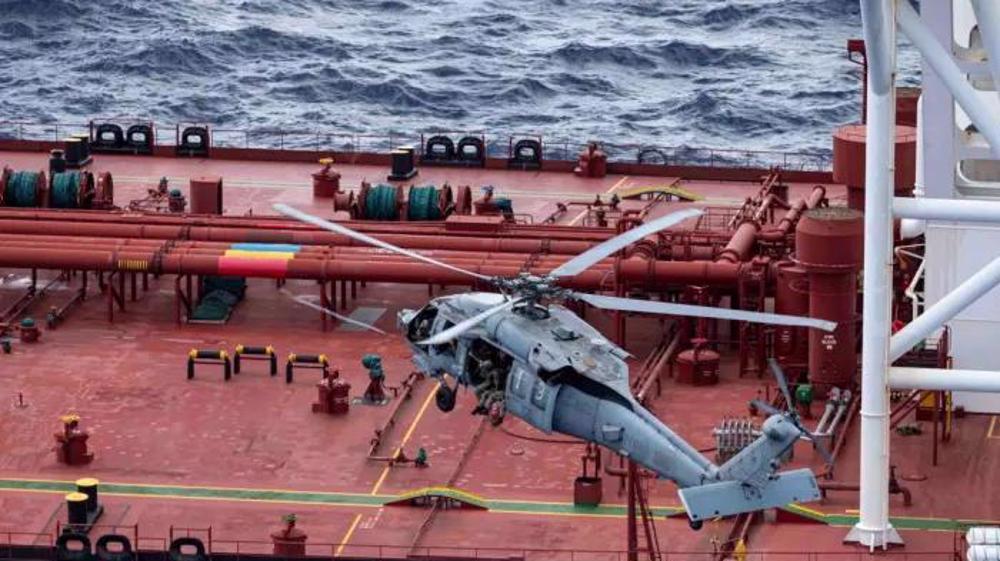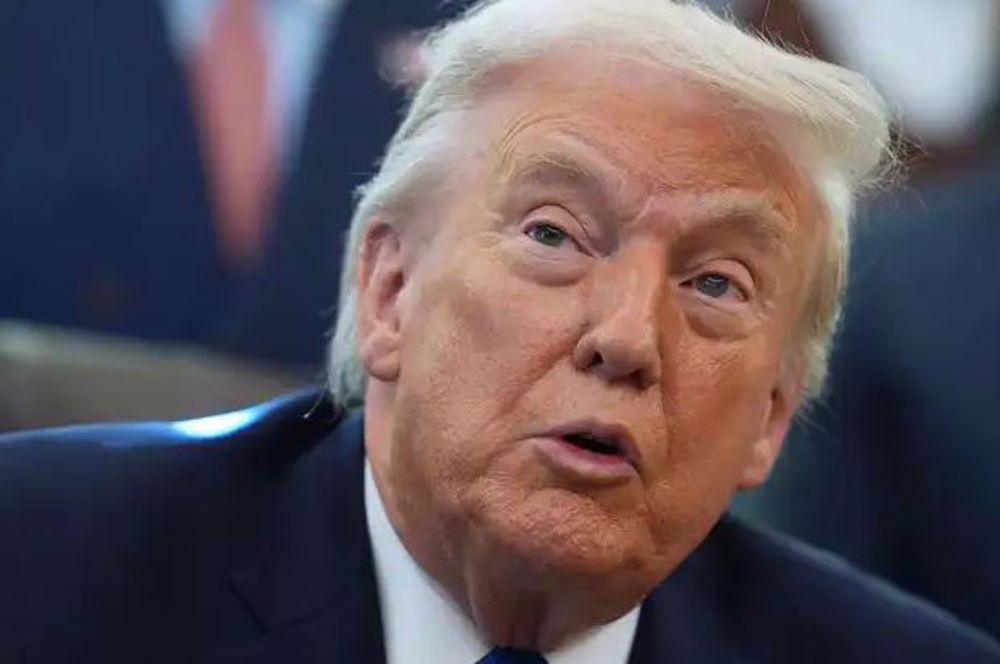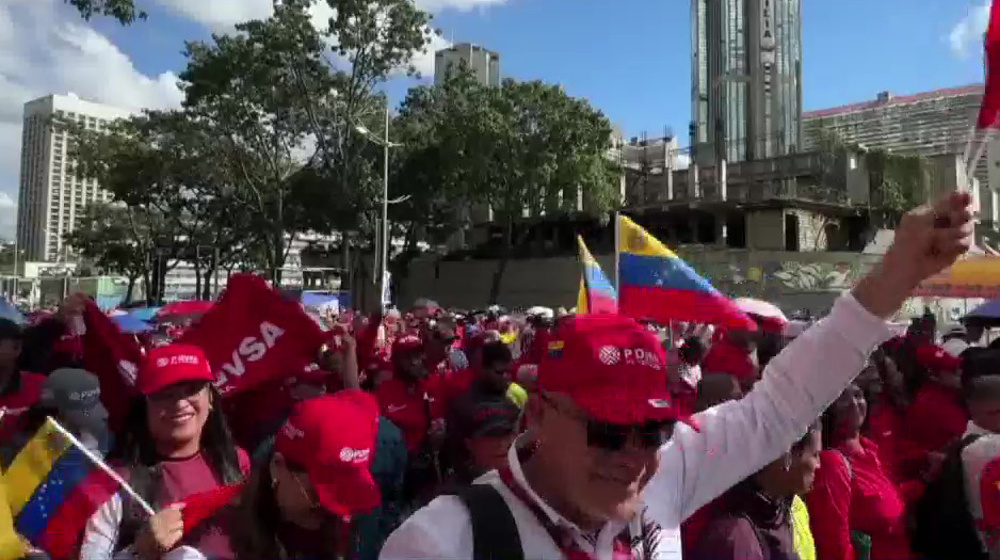Venezuela president rules out referendum in 2016
Venezuela’s President Nicolas Maduro has ruled out a potential recall referendum on his ouster from power anytime sooner than 2017, rejecting opposition demands to hold the referendum this year.
“If the recall referendum’s requirements are met, it will be next year, and that’s it,” Maduro said on state television on Saturday, adding if the requirements are not met, there will be no referendum.
The remarks came a day after Venezuelan authorities announced the next stage of a recall referendum against Maduro in an olive branch to protesters.
The electoral council announced plans to begin a process of confirming the identities of 1.3 million people whose signatures have been validated on a petition for the referendum to oust Maduro.
The timing of the potential referendum is critical to both sides. If it is held by January 10, 2017 and Maduro loses, a new election will be called.
However, if the vote is held after that date, even if Maduro loses, his vice-president will take over and remain in power until the end of the presidential term, in January 2019.
Maduro’s camp has challenged the petition for the recall referendum, accusing the opposition of fraud while gathering the signatures needed to call a referendum.
The man in charge of overseeing the referendum, Jorge Rodriguez, has said the petition, submitted on May 2 with 1.8 million signatures, included the names of dead people, children and others ineligible to sign.

Maduro has accused the opposition of being in cahoots with the US government to undermine his Socialist government.
The opposition blames Maduro for the acute economic crisis in the country. Protests, looting and violent crime have been mounting in Venezuela as the country reels from shortages of food, water, medicine and electricity.
Apart from Maduro, other leftist leaders in Latin America are engaged in a battle with opposition parties, including Brazil’s Dilma Rousseff, who has been suspended as president amid a corruption probe.
Cuban President Raul Castro told a summit of Caribbean countries in Havana last week, “We can’t remain indifferent before this turbulence in Latin America and the Caribbean, which is a consequence of an imperialist and oligarchic counteroffensive against popular and progressive governments.”
US Supreme Court strikes down swath of Trump global tariffs
Tehran says US has not sought zero enrichment, warns war hawks pushing for ‘catastrophic war’
Iran ‘serious’ on achieving a ‘fair’ deal with US, Araghchi tells Lavrov
Trump administration gives ICE broader powers to detain legal refugees
Hamas slams Israeli restrictions on access to al-Aqsa mosque during Ramadan
Iran’s Dena destroyer docks in Indian port as Tehran, New Delhi discuss maritime security
Trump plans to establish 'massive' military base in southern Gaza: Report
NYT questions Trump’s justification for threatening war on Iran















 This makes it easy to access the Press TV website
This makes it easy to access the Press TV website